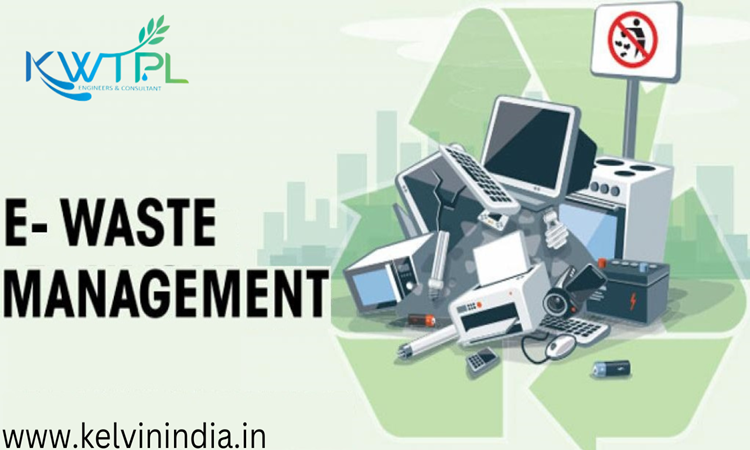
Revolutionizing E-Waste Management: Towards a Sustainable Future
E-Waste Management
In our ever-evolving digital era, electronic devices have become indispensable parts of our lives. From smartphones to laptops, these gadgets simplify tasks, connect us globally, and entertain us endlessly. However, with rapid technological advancements, arises a significant challenge: electronic waste, or e-waste, has become a pressing environmental concern. Managing e-waste responsibly is crucial to mitigate its adverse impacts on the environment and human health.
Understanding E-Waste
E-waste encompasses discarded electronic devices, including computers, televisions, refrigerators, and mobile phones, among others. These devices contain hazardous materials such as lead, mercury, cadmium, and brominated flame retardants, posing severe risks to the environment and public health if not handled properly. Moreover, the improper disposal of e-waste leads to pollution of soil, water, and air, further exacerbating environmental degradation.
Challenges in E-Waste Management
Several challenges hinder effective e-waste management globally. One major obstacle is the lack of awareness among consumers regarding the proper disposal and recycling of electronic devices. Many individuals dispose of their old gadgets in regular household waste, unaware of the potential harm it poses to the environment. Additionally, inadequate infrastructure for e-waste collection, recycling, and disposal further complicates the issue. In some regions, informal recycling practices involving unsafe methods exacerbate environmental pollution and endanger the health of workers involved.
The Importance of Responsible E-Waste Management
Implementing effective waste management practices is imperative for several reasons. Firstly, it conserves valuable resources by facilitating the recovery of precious metals and other materials from discarded electronics. Recycling e-waste reduces the need for raw materials extraction, conserving energy and mitigating environmental degradation associated with mining activities. Furthermore, proper e-waste management prevents the release of hazardous substances into the environment, safeguarding ecosystems and human health.
Innovative Solutions for E-Waste Management
Addressing the challenges of e-waste management requires innovative solutions at various levels. Governments play a crucial role in implementing policies and regulations to promote responsible e-waste disposal and recycling. Extended producer responsibility (EPR) laws, which hold manufacturers accountable for the end-of-life disposal of their products, encourage the design of eco-friendly and easily recyclable electronics. Moreover, public awareness campaigns and educational initiatives can inform consumers about the importance of recycling e-waste and guide proper disposal methods.
Emerging Technologies in E-Waste Recycling
Advancements in technology offer promising solutions for e-waste recycling. Researchers are exploring novel methods such as robotic dismantling and automated sorting to streamline the recycling process and improve efficiency. Additionally, innovations in material recovery techniques, such as hydrometallurgy and bioleaching, enable the extraction of valuable metals from electronic waste in an environmentally sustainable manner. These technological innovations not only enhance resource recovery but also minimize the environmental footprint of e-waste recycling operations.
Collaborative Efforts for Sustainable
Achieving sustainable waste management requires collaborative efforts from various stakeholders, including governments, manufacturers, recyclers, and consumers. Partnerships between industry players and environmental organizations can drive innovation and promote best practices in e-waste recycling. Furthermore, international cooperation is essential to address the global dimensions of waste management, including the transboundary movement of electronic waste and the harmonization of regulatory frameworks.
Conclusion
In conclusion, e-waste management is a critical environmental and public health issue that demands immediate attention and concerted action. By adopting responsible disposal practices, embracing technological innovations, and fostering collaboration among stakeholders, we can pave the way toward a more sustainable future. Together, we can revolutionize e-waste and ensure that our digital advancements leave a positive legacy for future generations.